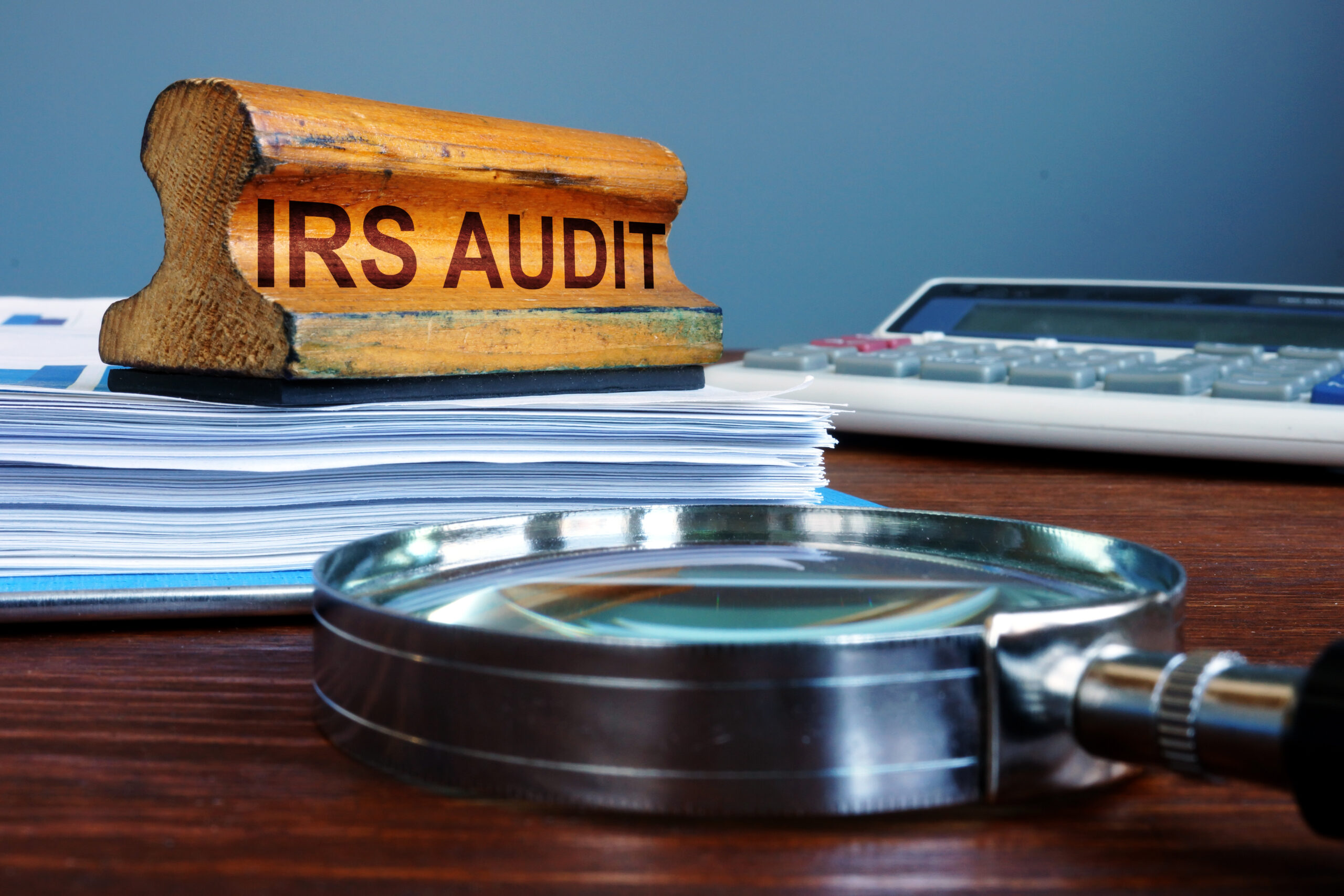If you are facing aggressive collection efforts from the Internal Revenue Service (IRS) due to tax debts, you might consider bankruptcy as a potential solution. It’s crucial to understand the implications of bankruptcy on your outstanding tax obligations and to seek guidance from our experienced Gillette Bankruptcy Lawyers, who can help you navigate these complex issues and provide you with tailored advice.
Does the Automatic Stay Apply to the IRS?
Generally, filing for bankruptcy triggers an automatic stay. This temporarily halts collection actions by creditors, including the IRS. This means that once you file for bankruptcy, creditors must cease wage garnishments, foreclosures, bank levies, filing collection suits, imposing liens, and other collection efforts.
It’s important to note that while the automatic stay limits collection actions, it doesn’t prevent all IRS actions, such as issuing tax refunds and auditing tax returns. Additionally, there are some exceptions to the automatic stay, such as actions related to post-petition tax liabilities. This refers to taxes owed after the bankruptcy filing or certain actions related to criminal proceedings and family law matters.
The automatic stay typically lasts throughout the bankruptcy case. However, the court may lift the automatic stay if a collector files a petition and demonstrates that they would endure irreparable damage if they cannot continue to pursue collection measures against you.
What Happens to Outstanding Tax Debts During Bankruptcy?
Filing for bankruptcy in Wyoming can provide relief from overwhelming debt, including certain tax debts. However, not all tax debts are dischargeable in bankruptcy, and the process for discharging eligible tax debts can be complex. Tax debts are only dischargeable under the following circumstances:
- The debt is from income taxes.
- The debt must be for a tax return filed at least three years before the bankruptcy filing date.
- The tax must have been assessed at least 240 days before the bankruptcy filing date.
- The tax debt must not involve fraudulent activity or willful tax evasion.
Depending on the bankruptcy chapter you file, any eligible dischargeable tax debts will be paid either through the liquidation process of Chapter 7 or through a repayment plan imposed during Chapter 13. Non-dischargeable tax debts will remain after bankruptcy and must be paid. Furthermore, some tax penalties and interest may be reduced or eliminated, but the principal amount of the tax debt must be paid in full.
As you can see, navigating the complexities of bankruptcy and tax debt discharge requires expert legal guidance. At 307 bankruptcy, we are prepared to asses your situation and determine the best course of action. Connect with our firm today for more information.



